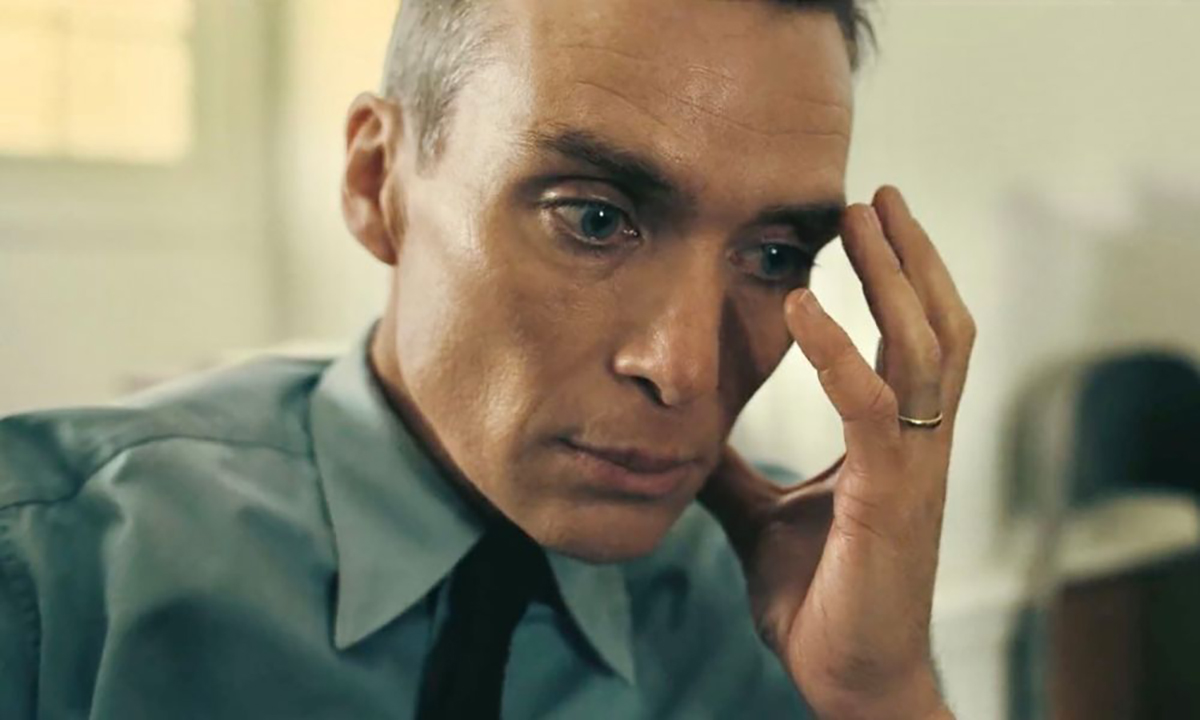‘Oppenheimer’s Box Office Longevity Can Be Boiled Down to the One Crucial Thing It Did Perfectly

Two months on, and Christopher Nolan’s magnum opus Oppenheimer is showing no signs of slowing down. It once would have been all too easy to chalk up the biopic’s initial heights of success to its involvement in the “Barbenheimer” phenomenon, but time has proven that Oppenheimer’s ability to draw and retain more sincere audiences is the real deal.
At the time of writing, Oppenheimer has grossed over $900 million at the worldwide box office; for a three-hour film packed to the brim with nuclear jargon and excruciatingly depressing themes, that’s nothing short of a miracle, and that reality isn’t lost on producer Emma Thomas, who mused on the development in a recent interview with the Associated Press:
“When you make a film, you hope that you’re going to connect with an audience in some form or another. But, particularly with a three-hour film that has a serious subject and is challenging in many ways, this sort of success is beyond our wildest imaginings.”
It may have lost the box office bout to Barbie—whose return currently sits at a whopping $1.418 billion—but with Greta Gerwig’s feminist masterclass officially available on streaming at this point, Oppenheimer‘s second wind looks to be fast approaching. Indeed, despite releasing back in July, Oppenheimer continues to occupy just under half of the available IMAX 70mm-formatted screens, and you don’t get that kind of lucrative longevity without ticket-buyers, as Thomas points out:
“The reason we’re still in those theaters is because the audience is demanding it. This is not something that we can impose — I wish we could, but it’s genuine.”
So just why are these audiences demanding more Oppenheimer long after Barbenheimer’s 15 minutes of relevancy? You could slot just about any answer in here, such as the fact that people eat when Nolan cooks, or its undeniable status as an event-level blockbuster.
Perhaps, though, it’s how deftly it tackles the demanding nature of the biopic; you could have all the talent in the world and still fall flat on your face if the story isn’t worth telling. Luckily, Oppenheimer is the story of history’s most important man—and that’s not a compliment—and everyone involved understood the weight of that.
Indeed, from the intimate portrayals of his uniquely-wired brain, to his fascinations with mysticism, all the way to the moment he realized exactly what he had done in helping to birth the atomic bomb, Oppenheimer wasn’t just a movie; it was a responsibility, and when you tackle that responsibility with the artistic attention that Nolan and company gave it, people take notice.
(featured image: Universal Pictures)
Have a tip we should know? tips@themarysue.com